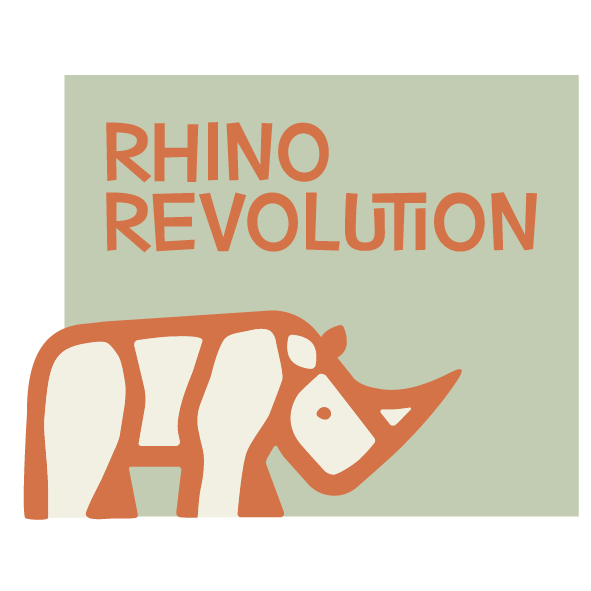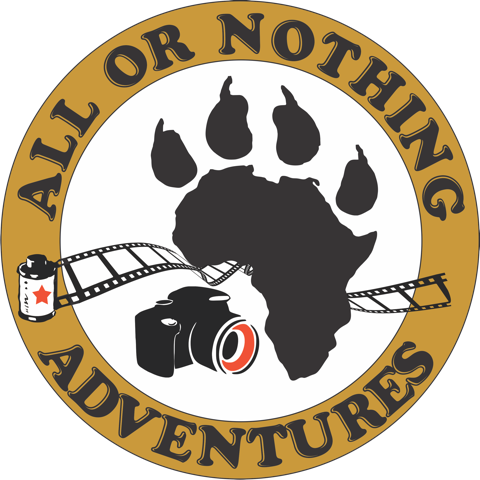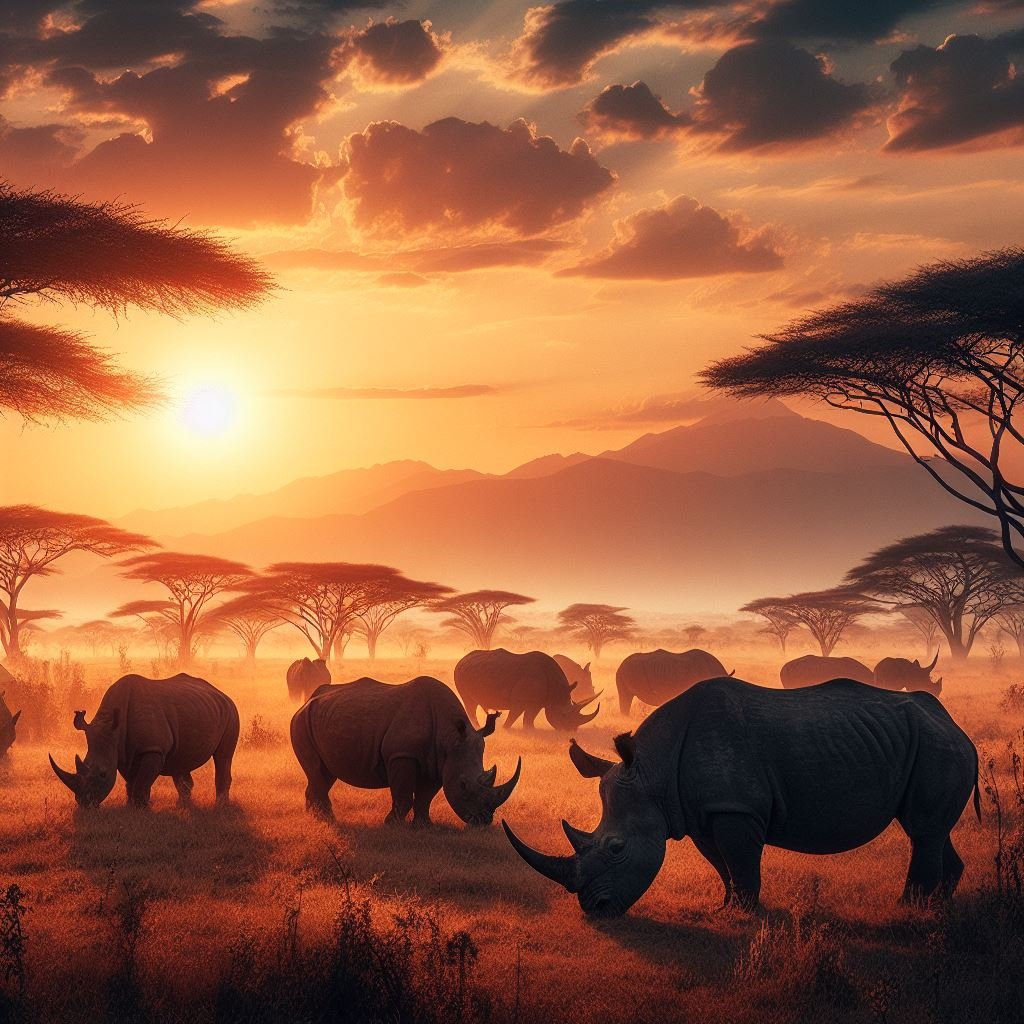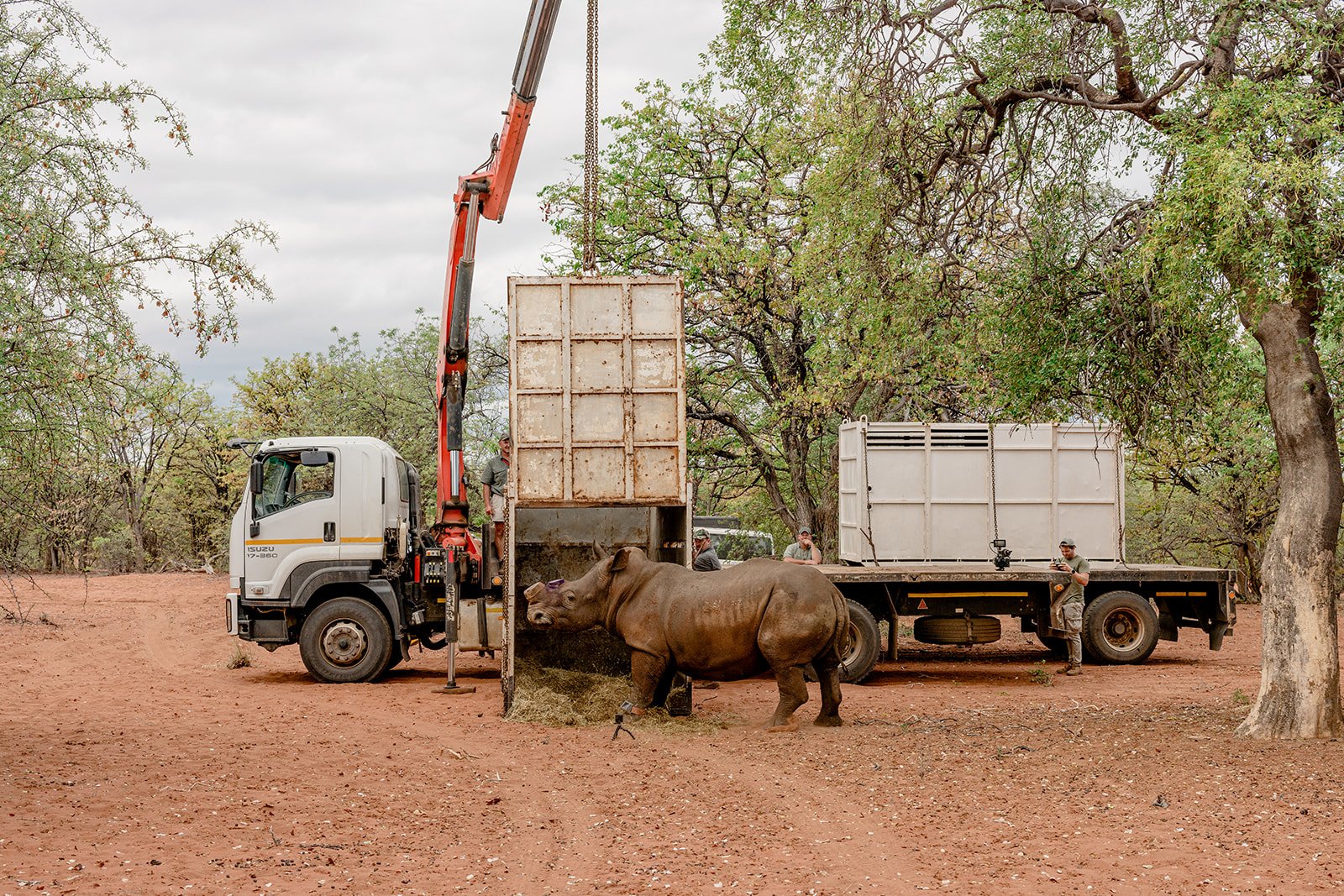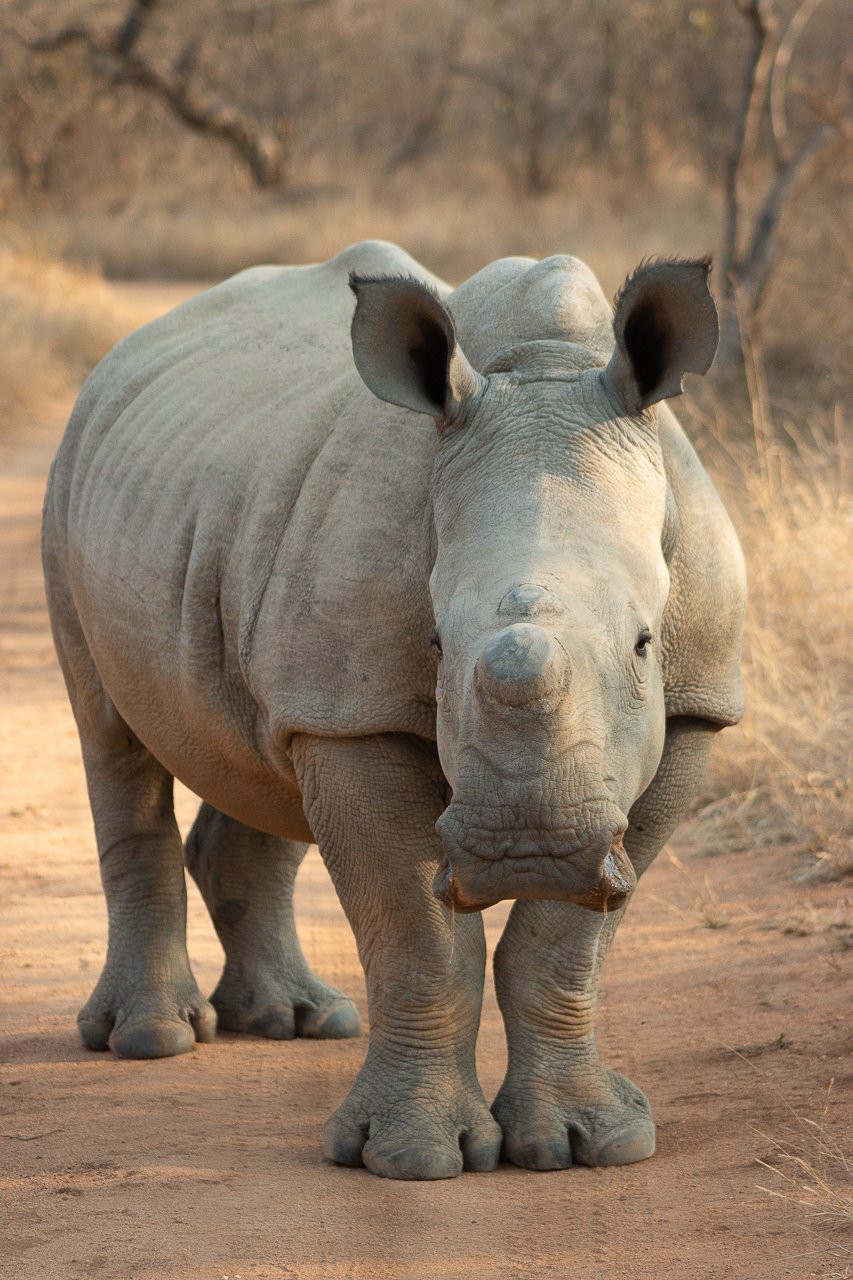One of the most common questions we hear in rhino conservation is: will rhino horns grow back? The answer is yes—rhino horns do grow back, just like human fingernails or hair, because they're made of keratin. But the story doesn't end there.
In the wild, the greatest threat to rhinos isn't natural predators—it’s poaching. Poachers target rhinos for their horns, which are highly valued on the black market. Tragically, when poachers take the horn, they often kill the rhino in the process, leaving behind devastation not only for the individual animal but also for entire rhino populations and their ecosystems.
To protect rhinos from this brutal fate, many conservation teams have turned to a controversial but effective strategy: trimming the horns. This process is done safely and humanely by highly qualified veterinarians. The rhino is sedated, and the horn is carefully trimmed above the growth plate, ensuring the animal feels no pain and is not harmed in any way.
Why do we trim the horn? Simply put, a rhino with a short horn is less of a target for poachers. By removing the incentive, we lower the risk of a rhino being attacked. Trimming is typically done every two years, as the horn continues to grow steadily.
And again, yes—rhino horns grow back. If poaching can be brought under control, a trimmed horn will fully grow back within five years. Even more impressively, by year eight, there will be no visible sign that the horn was ever trimmed at all.
Trimming isn’t a perfect or permanent solution, but it’s an essential part of a larger effort to keep rhinos alive long enough for long-term conservation strategies to work. It's a small compromise for a much greater reward: a future where rhinos can roam safely, with their iconic horns fully intact.
So the next time someone asks, "Will rhino horns grow back?"—you can answer confidently: Yes, they will. And with the right care and protection, so will rhino populations.
